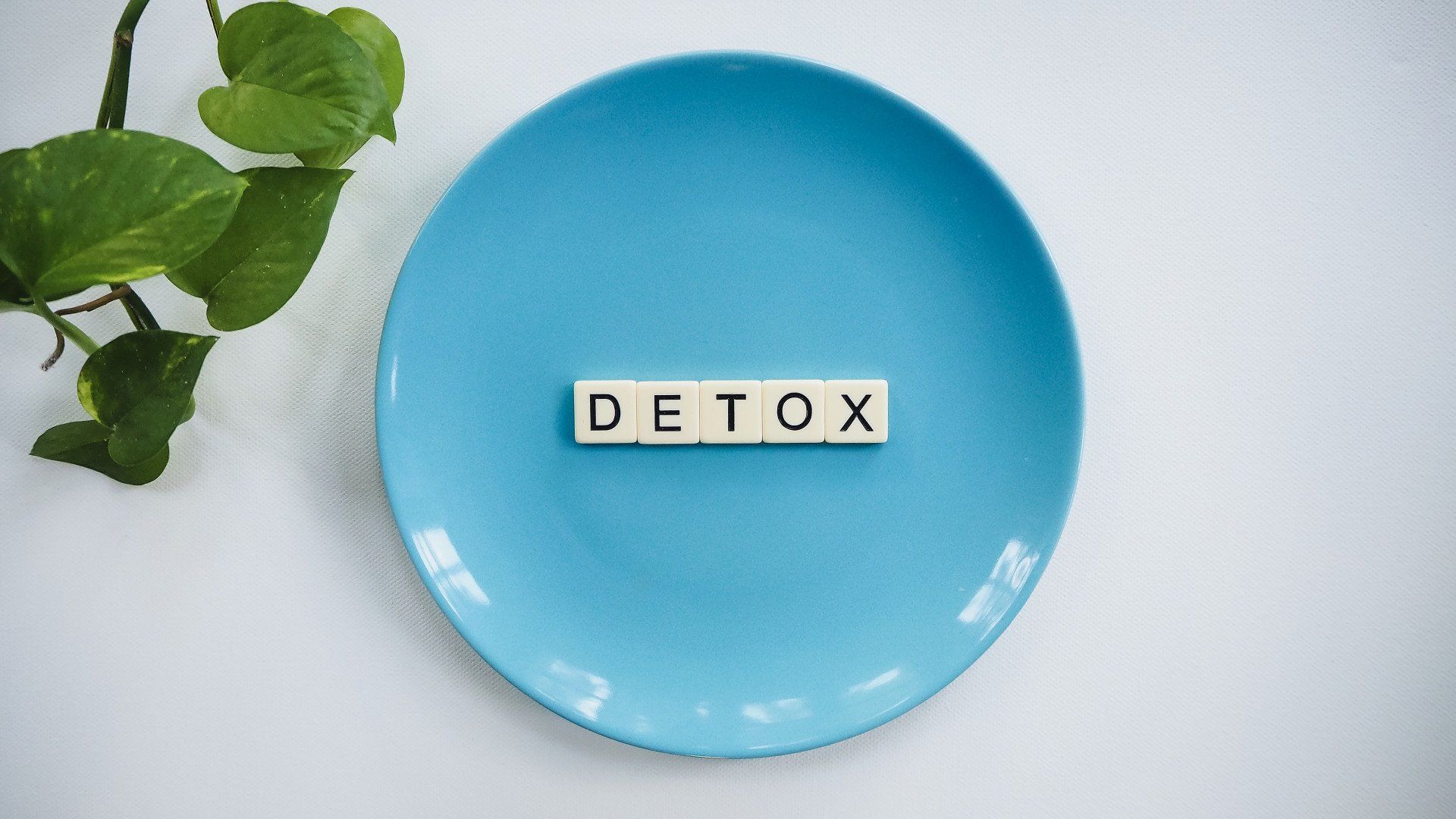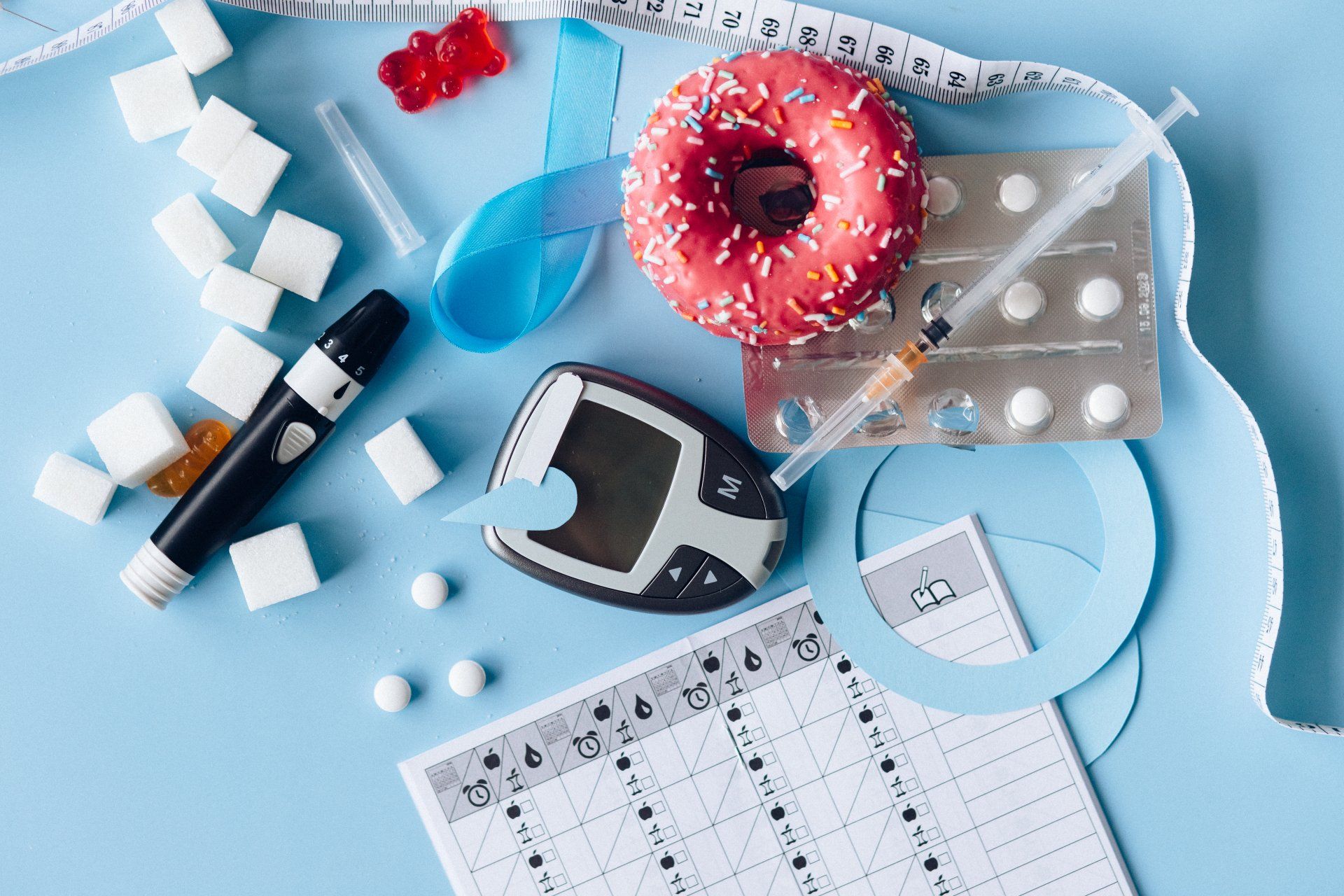Blog Layout
Young children’s health.
DJAB • November 30, 2020
The First 1 - 5 Years of a Child's Life.

Many common childhood infections spread easily. One of the best ways to prevent spread is careful handwashing with soap and water. You can teach your child to wash hands before eating, after going to the toilet, and after touching animals or dirty things.
Here’s a quick guide to some of the most common child health issues.
Allergies
Allergies happen when your child’s immune system reacts to substances in the environment that are harmless to most people – for example, foods, insect stings, dust mites, animals or pollen. See your GP if you think your child has an allergy.
Asthma
If your child has asthma she might have a whistling wheeze when breathing, be short of breath either during physical activity or while she’s resting, or have a persistent dry cough or cough during physical activity or at night. If you think your child has asthma, see your GP.
Colds
Children can get colds as often as once a month. The best treatment is usually fluids, comfort and rest. Antibiotics won’t help. If you’re worried that it’s something more serious than a cold, see your GP.
Conjunctivitis
Conjunctivitis is an infection of the lining of the eyeball and eyelids. Symptoms include red, puffy, sticky and sore eyes. Bacterial and viral conjunctivitis are very contagious, but allergic conjunctivitis isn’t contagious. Take your child to the GP to check which kind of conjunctivitis your child has and how to treat it.
Food intolerances
Food intolerances are a reaction to a food you’ve eaten. Symptoms include bloating, diarrhea and stomach pain, which usually clear up by themselves. Talk to your GP if you think your child has a food intolerance.
Gastroenteritis
Lots of children get gastroenteritis (‘gastro’). Symptoms include diarrhoea, loss of appetite, vomiting and nausea, stomach cramps and fever. Most cases of gastroenteritis in children aren’t serious, but it’s important to make sure that your child gets enough fluid.
Hand, foot and mouth disease
Hand, foot and mouth disease causes small blisters inside the mouth and on the hands and feet. These aren’t itchy. It’s a mild and harmless infection.
Impetigo
Impetigo or school sores usually starts as flat, red spots or small blisters anywhere on your child’s body. The spots might fill up with yellow or green pus, burst or crust over. The blisters are very itchy. If you think your child has impetigo, take her to the GP, because she needs antibiotics. Impetigo is highly contagious.
Lice or nits
These insects attach themselves to children’s hair, lay eggs (often called nits) and cause lots of scratching and itching. You can remove lice by combing wet hair with conditioner or using anti-lice products.
Warts
A wart is a small, flesh-coloured, raised growth. You mostly see them on children’s arms, hands and legs. Warts are usually painless. See your GP if the wart is on your child’s face, feet or genitals, or if the wart looks red, hot and painful.
Worms
Symptoms of worms include an itchy or red bottom. Worms aren’t usually dangerous. They’re easy to treat with antiparasitic tablets that you can buy over the counter from your local pharmacy. You should treat everyone in the family at the same time. It’s very common for infections to come back, particularly in children at child care, preschool or school.
Child health tips
Make sure immunisations are up to date. (This is personal choice for each family. We are not stating you must do so)
Immunisation protects your child and your community against diseases like measles and diphtheria, which are potentially serious and even life threatening. Your child can be immunised by your GP or at a community or local council health clinic.
Use medications only as recommended or prescribed
Give your child medication only when recommended by a pharmacist or prescribed by a doctor. Check the dosage instruction on the label to make sure that you give your child the right dose for his weight or age.
Keep your child’s air clean
Second-hand and third-hand smoke can cause serious health risks to children. The best way to protect your child is to quit smoking. If someone in your house smokes, make sure they always smoke outside. And never smoke in a car that carries children.
Also avoid using chemical household sprays, like insect repellent or cleaning products, when your child is in the room.
Hygiene
Daily personal hygiene is important for children and anyone taking care of children. It’s one of the most effective ways we have to protect ourselves – and others – from illness.
Slip, slop, slap, seek and slide
Keep your child safe in the sun and prevent sunburn by:
- slipping on protective clothing
- slopping on SPF 30 or higher broad-spectrum, water-resistant sunscreen
- slapping on a broad-brimmed hat
- seeking shade
- sliding on wraparound sunglasses.
Brush twice a day
Good dental health is vital to your child’s general health. It’s also key to avoiding tooth decay.
Brush your child’s teeth twice a day – morning and night. Just use water on the toothbrush until your child is 18 months old (unless a dentist tells you otherwise). At 18 months, you can start using a pea-sized amount of low-fluoride toothpaste.
Vitamins and Supplements
Our food simply is missing the good nutritional value it possessed 20 - 30 years ago.
Fresh food is a priority but at times the easier option of 'Fast Food' is becoming more common. Fast Food is economically cheaper, many families are choosing this due to affordability. Unfortunately, there is not a lot of quality nutritional goodness.
Refined carbohydrates and sugar fueled foods can lead to a child experiencing poor health.
Eating nourishing food can often be an expensive and unattainable for some families.
Vitamins and supplements can boost a child's immune system.
Strengthen a Childs immune system with healthy food choices, plenty of exercises that are age-appropriate, and adequate sleep.
A child with a healthy strong immune system has a better opportunity to fight off illness such as a cold.
A child with a strong immune system is more likely to be able to recover more quickly from illnesses such as a cold.
This article is providing information with no judgement for personal choices.
Thank you for your support in reading this article and hopefully, you have found it beneficial.
"Providing Better Health Through Knowledge"

By DJAB
•
April 8, 2022
Glutathione - Collagen - L-Carnitine - Vitamin C
Four ingredients when taken alone can certainly support the body and provide added benefits. However, combined them together and you definitely will have the opportunity to not only feel, but see improvements.
Knowledge is like adding another book to your library.
“People Helping People in Health and Wellness”

By DJAB
•
January 9, 2022
Why Detoxing is Beneficial.
Detoxification — or detox — is a popular buzzword.
It typically implies following a specific diet or using special products that claim to rid your body of toxins, thereby improving health and promoting weight loss.
Fortunately, your body is well-equipped to eliminate toxins and doesn’t require special diets or expensive supplements to do so.
That said, you can enhance your body’s natural detoxification system.
Thank you for your support in reading this article and hopefully, you have found it beneficial.
"Providing Better Health Through Knowledge"

By DJAB
•
November 24, 2021
Many people rely on quick, processed foods for meals and snacks. Since these products often contain added sugar, it makes up a large proportion of their daily calorie intake.
In the US, added sugars account for up to 17% of the total calorie intake of adults and up to 14% for children.
Dietary guidelines suggest limiting calories from added sugar to less than 10% per day.
It is believed that sugar consumption is a major cause of obesity and many chronic diseases, such as type 2 diabetes.
Here are some reasons why eating too much sugar is bad for your health.
Thank you for your support in reading this article and hopefully, you have found it beneficial.
"Providing Better Health Through Knowledge"
Disclaimer: All content and media on this website is created and published online for informational purposes only. It is not intended to be a substitute for professional medical advice and should not be relied on as health or personal advice.
Always seek the guidance of your doctor or other qualified health professional with any questions you may have regarding your health or a medical condition. Never disregard the advice of a medical professional, or delay in seeking it because of something you have read on this website.
"Copyright 2021. Dr. Joseph Ahrens and Logo are trademarks of Dr. Joseph Ahrens LLC. All rights reserved."
